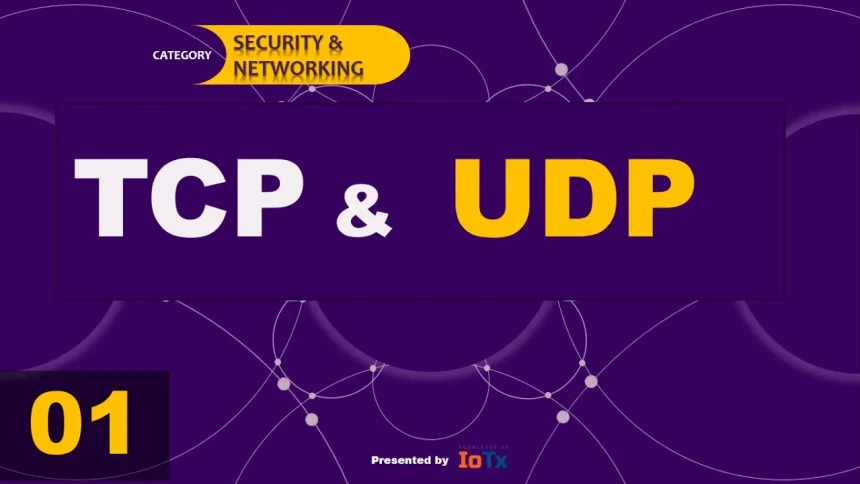What is the Comparison of TCP vs UDP?
TCP uses acks and retries to ensure that your data reaches its destination. UDP is “fire and forget” and connectionless. UDP is mostly used for streaming applications, where data loss can be avoided by not trying to send the data repeatedly.
Depending on the application, you can utilize either one. TCP is used, for instance, by web servers.
TCP meaning Transmission Control Protocol, and UDP meaning User Datagram Protocol.
Contents
TCP vs UDP are like different delivery services for sending information over the internet. They both do the same basic job, but in very different ways.
Here’s how they compare:
- Reliability:
- TCP: It’s like registered mail. TCP makes sure every package (data packet) arrives in the right order. If something gets lost, it asks for it again.
- UDP: It’s like sending a regular postcard. UDP just sends the package and hopes for the best. It doesn’t check if it arrived or in what order.
- Overhead:
- TCP: It’s fancier with a tracking number and return receipt. This takes extra work.
- UDP: Super simple, like scribbling an address on a postcard. There’s much less fuss involved.
- Data Delivery:
- TCP: Think of it like reading a book. You don’t care about individual pages, just the whole story.
- UDP: It’s like getting individual photos in the mail. Every picture is its own thing.
What is TCP Full Form?
The full form of TCP is Transmission Control Protocol.
What is UDP Full Form?
User Datagram Protocol, it’s a communication protocol.



